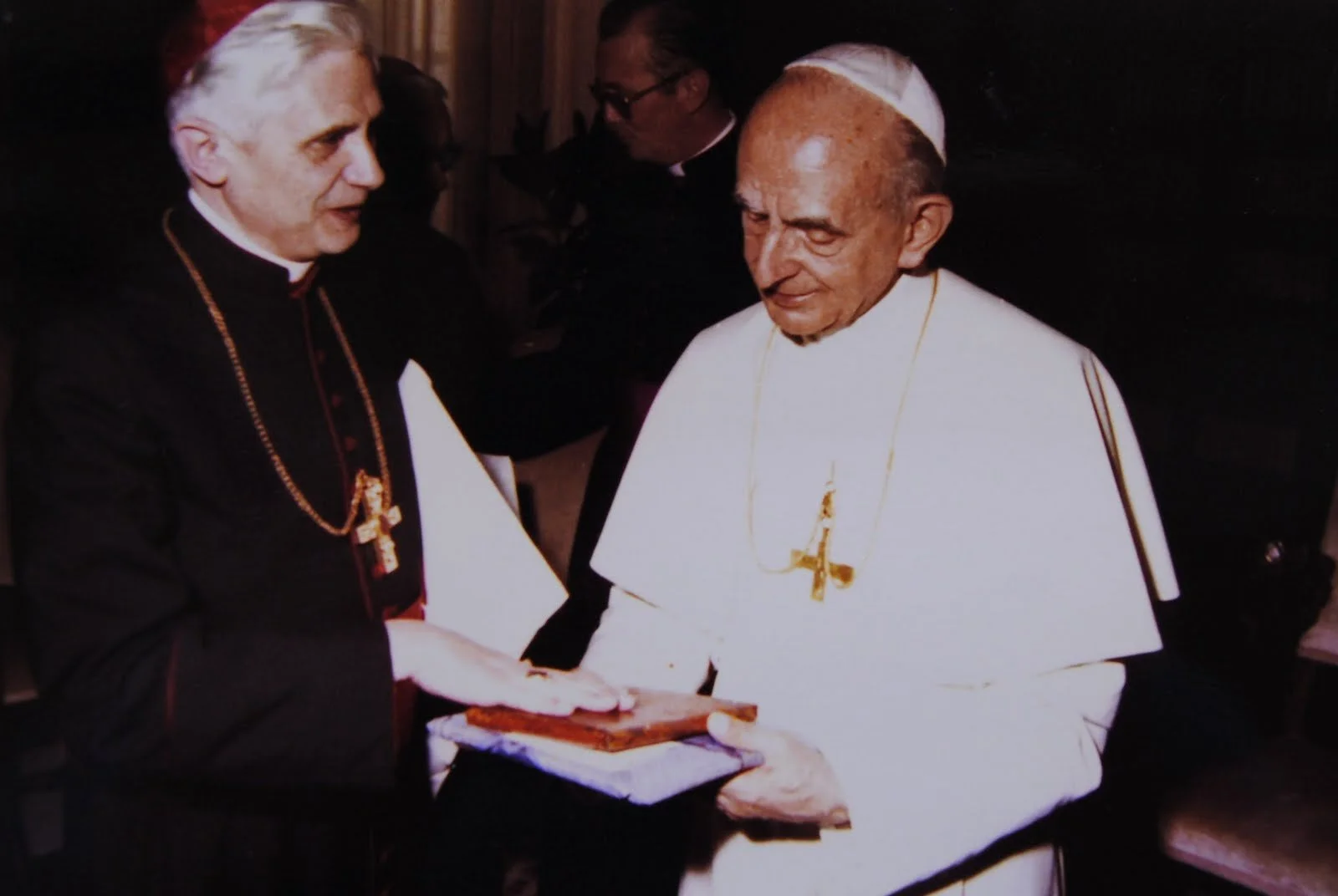
The History of Latin Mass Petitions
An “Agatha Christie” Petition for Our Age
On July 6, 1971, fifty-seven signatories including Catholic and non-Catholic British notables submitted a petition to Pope Paul VI asking him not to obliterate the Traditional Latin Mass (and publised in the Times of London) as the changes from Vatican II, its issuance the Mass of Paul VI (promulgated in 1969, with the revised Roman Missal appearing in 1970), were implemented.
The letter talked about the cultural significance of the Traditional Latin Mass saying “the rite in question, in its magnificent Latin text, has also inspired priceless achievements … by poets, philosophers, musicians, architects, painters and sculptors in all countries and epochs. Thus, it belongs to universal culture.”
When Pope Paul VI was reading the names of the signers which incuded Graham Greene, Kenneth Clark, Malcolm Muggeridge, Joan Sutherland, Robert Graves, Cecil Day-Lewis, Yehudi Menuhin, and Max Mallowan to name a few, when he saw the next signatorie he is said to have excmaimed "Ah, Agatha Christie!"
Pope Paul VI went on to sign the indult (an document granting permission or privilege) granting their petition on November 5, 1971
The indult, granting permission allowing Catholics in England and Wales to continue using for the Tridentine Mass (a traditional Latin liturgy used in Catholic churches since Pope Pius V codified it in 1570) received the nickname "The Agatha Christie Indult” and is one unique way that Agatha Christie is rememberd today, even though she was not a Catholic.
The desire to preserve tradition amidst widespread social change stil resonates today. On July 3, 2024, prominent U.K. figures in the arts, business, journalism, and politics made another similar petition, this time to Pope Francis (also published in The Times of London) urging him not to further restrict the Latin Mass more than he had already done in his his motu proprio “Traditionis Custodes”.
Responding to reports from Rome that the Latin Mass is to be banished from nearly every Catholic church, one of the organizers of the petition, Sir James MacMillan, once again brought together both religious and secular leaders to petition the Pope.
“The traditional liturgy is a ‘cathedral’ of text and gesture, developing as those venerable buildings did over many centuries. Not everyone appreciates its value and that is fine; but to destroy it seems an unnecessary and insensitive act in a world where history can all too easily slip away forgotten. The old rite’s ability to encourage silence and contemplation is a treasure not easily replicated, and, when gone, impossible to reconstruct. This appeal, like its predecessor, is “entirely ecumenical and non-political”. The signatories include Catholics and non-Catholics, believers and non-believers. We implore the Holy See to reconsider any further restriction of access to this magnificent spiritual and cultural heritage.”
At the encouragment of so many others who see the Latin Mass as one of the keystones of building what we know as Western Civilization, this petition, from the United States, proudly joins the rank of this history.